
- 6 years ago
How to study with concentration for exams - Part 1
Know study hacks to improve your concentration for exams. Read all the tips which will help you in concentrating on your exams.....
The examination is an evaluation intended to quantify a test- taker’s skills, knowledge, aptitude, mental ability or classifications. Ancient China was the first country to conduct a national wide examination. Education is the most important necessity because it is related to knowledge and that is power. Definitely marks does not matter in the long run but skills and knowledge have a long way to go and thus it is very important to study with concentration and proper focus.

- 6 years ago
How to study with concentration for exams - Part 2
Know Study Hacks To Improve Your Concentration For Exams. Read All The Tips Which Will Help You In Concentrating On Your Exams.....
Concentrating while studying can be difficult especially when what you are studying is not what interests you. With the proper procedure, determination and self-discipline one can achieve literally anything. Even the dullest subjects can be conquered with concentration and study sessions

- 6 years ago
How to study with concentration for exams - Part 3
Know Study Hacks To Improve Your Concentration For Exams. Read All The Tips Which Will Help You In Concentrating On Your Exams.....
Concentrating while studying can be difficult especially when what you are studying is not what interests you. With the proper procedure, determination and self-discipline one can achieve literally anything. Even the dullest subjects can be conquered with concentration and study sessions. Concentration and focus are the deciding factors in the race to success. All of us have the same seven days in the week, the same 24 hours in a day. People who become successful are not the ones who worked the hardest, they are the ones who can maintain maximum focus in the minimum minutes of their work. If you want good marks or for that matter anything in your life, it is about how focused you are and how much concentrated you can be. In order to be focused and concentrated in life, we need to understand what breaks focus, It is about staying in one place, switching off from all the distractions in your life and staying glued to one spot. Here is a proper stepwise procedure to study with concentration for exams:
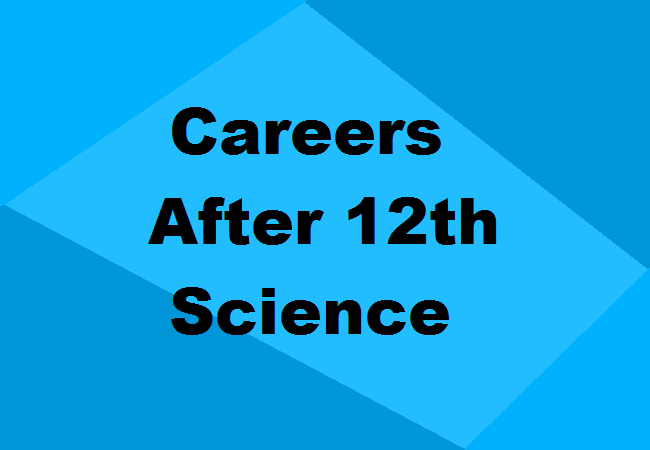
- 5 years ago
Career After Class 12th PCM
Check Out Career Options you have after 12th PCM....
Physics, chemistry, and mathematics or rather non-medical science is a subject enormous number of students choose after their 10th standard. Initially, a person may believe that because they have mathematics as a subject so engineering is the only option and path for their career but it is not true, you can pursue whatever you want to in almost all kind of fields after studying PCM in 12th standard except medical studies. Here is a list of all the possible Career options after 12th standard with non- medical.

- 5 years ago
things to do while in self-quarantine
While you might miss being around your family and friends, you do not have to sulk and think about the things that you could have been doing instead think of all self-adventurous activities that would make you feel good.
Check watch things you can do while self-quarantine...
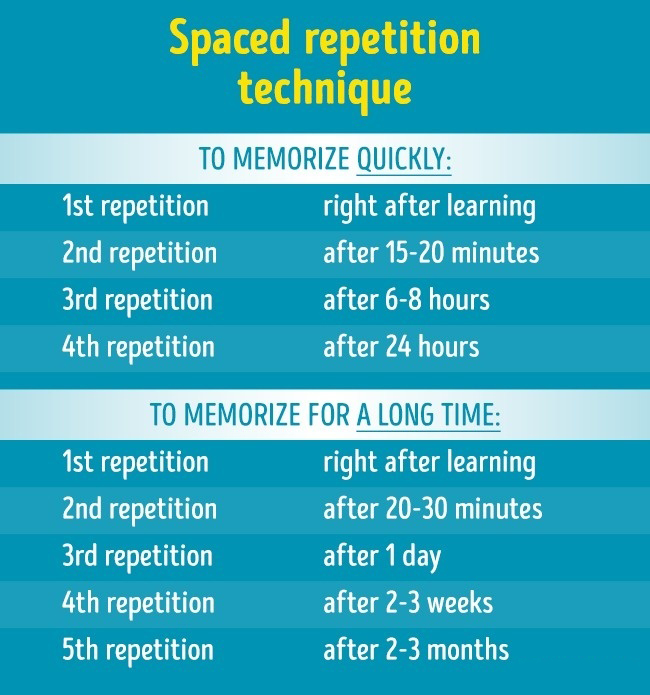
- 5 years ago
12 Secrets for Memorizing Things Easily
some memory hack everyone should try..
student always worried about memorising a theory or lengthy note but here are some tips and tricks to increase memory power....
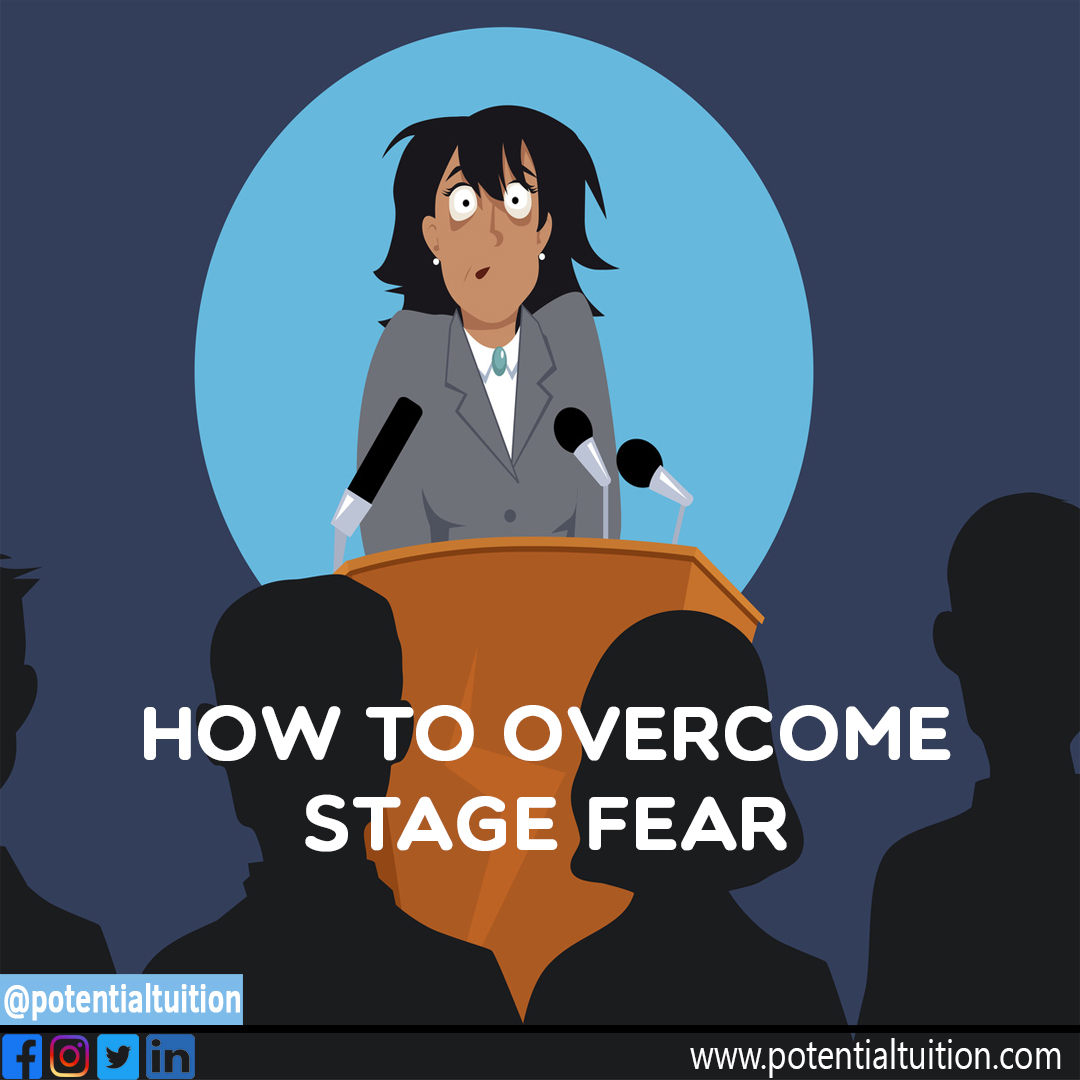
- 5 years ago
How to overcome stage fear when speaking in public
Some useful Tip to overcome your fear
There are two types of people in the world: those who love speaking in public and those who are scared stiff at the thought of it. Performance anxiety and stage fright are perfectly normal phenomena that occur to many people. It is important for you to understand what stage fright is, so that you can fully overcome it. Stage fright or performance anxiety is a persistent phobia which is aroused in an individual when required to perform in front of an audience. So how do you overcome stage fright when speaking in public?
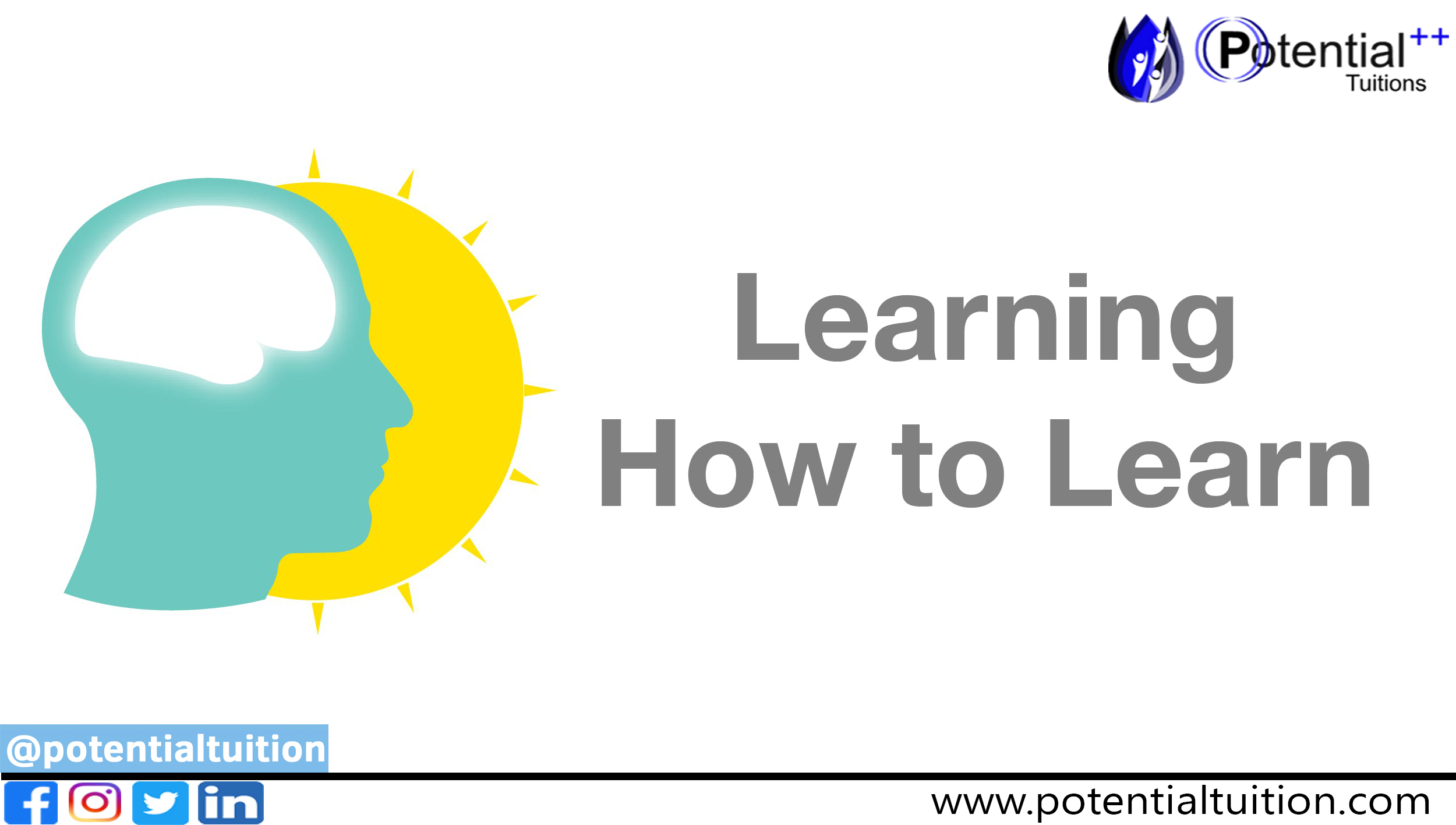
- 5 years ago
Learn How to Learn
Easy way to learn everything
I remember I had a cousin sister who use to unravel puzzles and riddles at instant speed. nobody would dare to compete together with her on the sport of chess. She would always win. She was a bright student. on the other hand suddenly, in her 9th standard, she began to memorize the lines on the books. She thought, the more you repeat a sentence, the more you're alleged to remember. But that's not learning, is it?

- 4 years ago
Almost anyone can learn anything — with the right technique
Employ smart learning techniques for better learning
A genius is defined as a person who displays exceptional intellectual ability, creative productivity, universality in genres, biologically. A genius is also popularly associated with the achievement of new advances in a domain of knowledge.

- 4 years ago
How to Dealing With Exam Pressure?
Handling exam pressure and managing mental health is as important as studying for the exam
Every year, the same patterns. Parental pressure and long, isolated hours of rote-learning put a lot of stress on students sitting for exams. Whether it’s JEE, NEET, or the boards, students often face crippling anxiety and depression that makes studying even harder. Managing mental health During exam season is essential. Here are some tips on coping with exam pressure during this daunting time.

- 4 years ago
How proactive parenting can improve your child’s odds for success.
Influence children’s learning behaviour in advance to avoid gaps later
The most prominent mistake children make in their learning is thinking they will learn everything they need to know from their teachers to achieve academic success. They overlook the fact that to perform well in their studies, a student also has to be willing to learn concepts and apply them correctly. That’s where parents play a critical role. Expecting teachers to somehow miraculously get your child to listen to instructions when they haven’t followed yours for the past 10–15 years is unfair. Instead, parents can be more proactive in teaching children characteristics and principles that can improve their odds for success and make them learning ready (academic and social). Since all behaviour is learned, either via formal or informal teaching, being proactive is the best thing you can do to ensure your child’s progress.
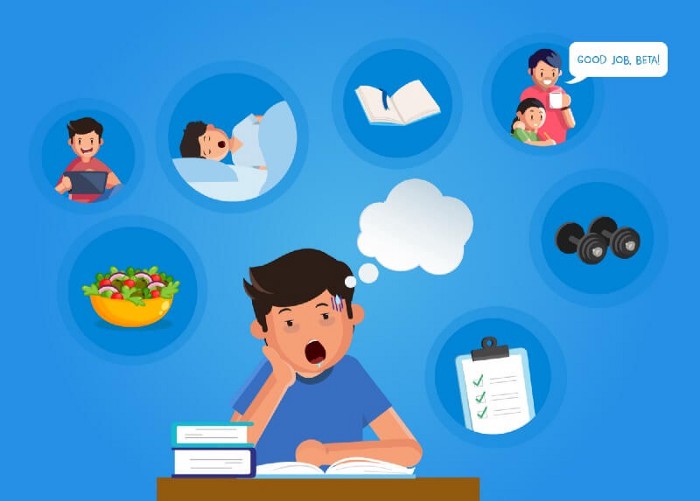
- 4 years ago
How to Improve Child’s Concentration
Improving your child’s concentration, within the early years, is important. It's a stage once their psychological feature skills are in development. With the proper tips, you'll increase the focusing skills of your kid. Moreover, youngsters have natural exuberance and high curiosity levels. They need to learn new things each day. However, this enthusiasm and curiosity generally forestall your child from concentrating on the task at hand. To improve the child’s concentration, as a parent, you'll need to drill some habits in them. Now, these habits can’t be imbibed nightlong. It'll need to be practiced daily.
These essentials tips will help you for the same. 10 Tips on How to Improve Child’s Concentration

- 22 months ago
WHAT IS TIME MANAGEMENT? Part 1
Techniques to manage timings
Effective time management helps individuals become more productive, reduce stress, and achieve their goals.

- 22 months ago
STEP TO DO EFFECTIVE TIME MANAGEMENT
Mastering Time Management: Unlocking Your Productivity Potential
In today's fast-paced world, effective time management is more important than ever. The ability to optimize your time, prioritize tasks, and stay focused is crucial for achieving your goals and maintaining a balanced and fulfilling life. In this blog post, we will explore the key principles and practical strategies for mastering time management and unlocking your productivity potential. Let's dive in!

- 22 months ago
HOW TIME MANAGEMENT IS IMPORTANT?
The Crucial Role of Time Management in Achieving Success and Balance
Time is a finite resource that is equally distributed to every individual. However, the way we utilize and manage our time can make a significant difference in our personal and professional lives. Time management is the process of planning and organizing our time effectively to accomplish tasks, meet deadlines, and allocate resources efficiently. It is an essential skill that plays a pivotal role in achieving success, maintaining a healthy work-life balance, reducing stress, and unlocking our full potential. In this article, we will delve into the numerous reasons why time management is important and explore practical strategies to improve it.

- 22 months ago
The Importance of Co-curricular Activities in Education
Welcome to our blog dedicated to exploring the world of co-curricular activities and their immense value in nurturing holistic growth. Here, we delve into the wide range of activities that go beyond the classroom, providing students with opportunities to develop essential life skills, discover their passions, and build a well-rounded personality. In this blog, we aim to shed light on the significance of co-curricular activities and their impact on a student's overall development. From sports and performing arts to clubs and community service, we delve into the various avenues available to students, encouraging them to step outside their comfort zones and explore their interests. Through informative articles, inspiring stories, and expert insights, we highlight how co-curricular activities foster creativity, teamwork, leadership, time management, and problem-solving abilities. We delve into the benefits of participating in extracurricular pursuits, such as improved academic performance, enhanced self-confidence, and a deeper sense of purpose. Our blog serves as a resource hub for students, parents, and educators alike, providing practical tips on choosing the right activities, managing a balanced schedule, and maximizing the learning outcomes from co-curricular engagement. We also delve into the importance of inclusive and diverse participation, ensuring that every student feels empowered to explore their passions and contribute to their school or community. Join us on this exciting journey as we celebrate the transformative power of co-curricular activities and their role in shaping well-rounded individuals. Whether you're a student looking to dive into new experiences, a parent seeking guidance on supporting your child's engagement, or an educator interested in optimizing co-curricular programs, this blog is your go-to destination for inspiration, knowledge, and practical advice. Let's unlock the immense potential of co-curricular activities together! Regenerate response
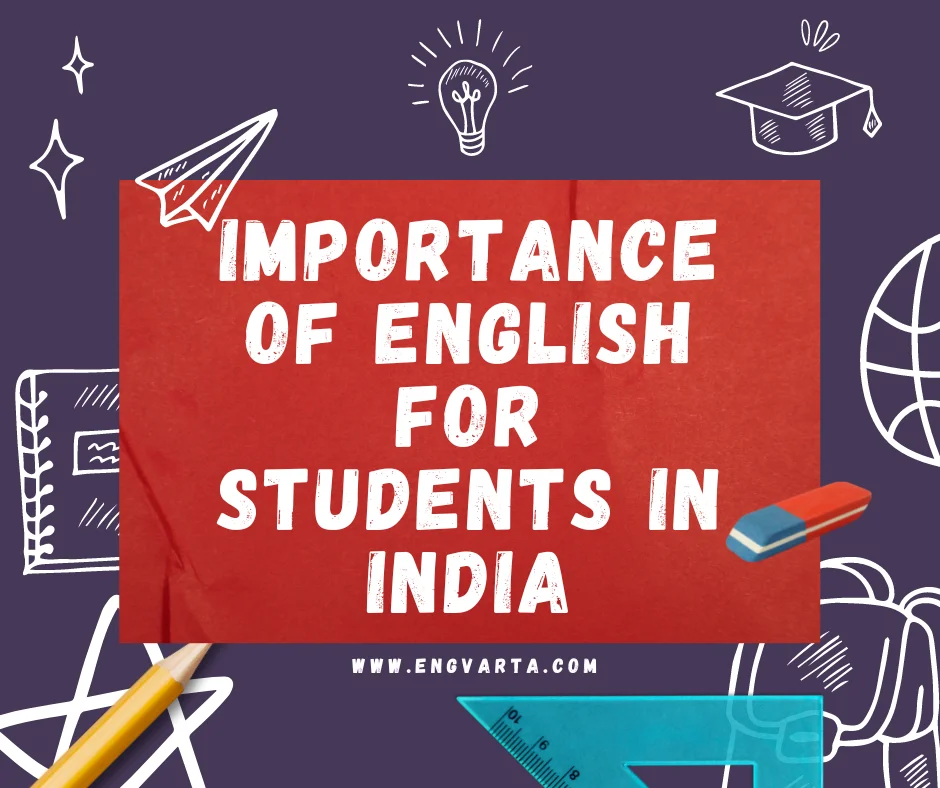
- 22 months ago
why english is taught to student
English is widely taught to students around the world for several reasons
International Communication, English is the most widely spoken language in the world and serves as a lingua franca in many fields, including business, science, and diplomacy. Learning English allows students to communicate with people from different countries and cultures, opening up opportunities for global collaboration and understanding.

- 22 months ago
why physics is taught to student
Physics is taught to students for several reasons
Understanding the Natural World Physics helps us understand the fundamental principles and laws that govern the behavior of the universe. It allows us to explore the nature of matter, energy, motion, and the interactions between them. By studying physics, students can gain a deeper understanding of how the world works at both macroscopic and microscopic levels.
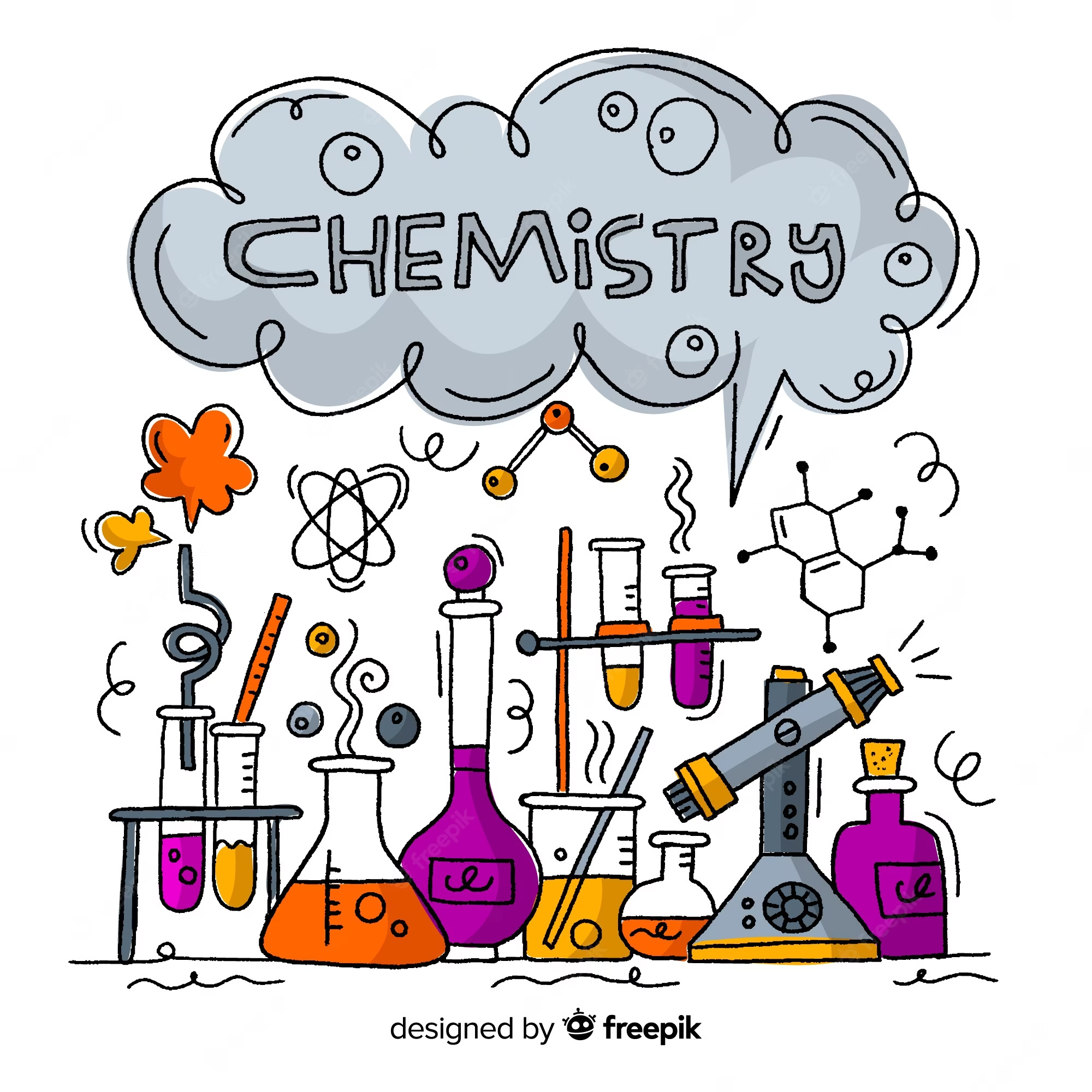
- 22 months ago
why chemistry is taught to student
Chemistry is taught to students for several important reasons
Understanding Matter Chemistry allows us to understand the composition, structure, properties, and behavior of matter. It explores how atoms and molecules interact and combine to form different substances. Through studying chemistry, students can gain insights into the world around them and comprehend the fundamental building blocks of matter.
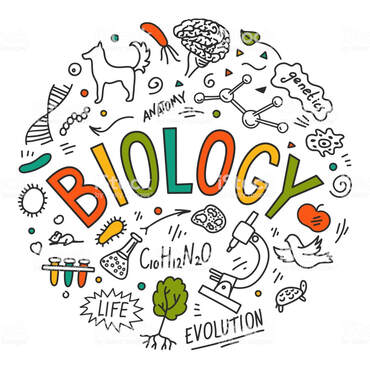
- 22 months ago
Why biology is taught to student
Biology is taught to students for several important reasons
Understanding Life Biology is the study of living organisms, their structure, function, growth, evolution, and interactions. By learning biology, students gain a comprehensive understanding of the diversity of life on Earth, from microscopic organisms to complex ecosystems. It provides insights into the fundamental processes and mechanisms that govern life.
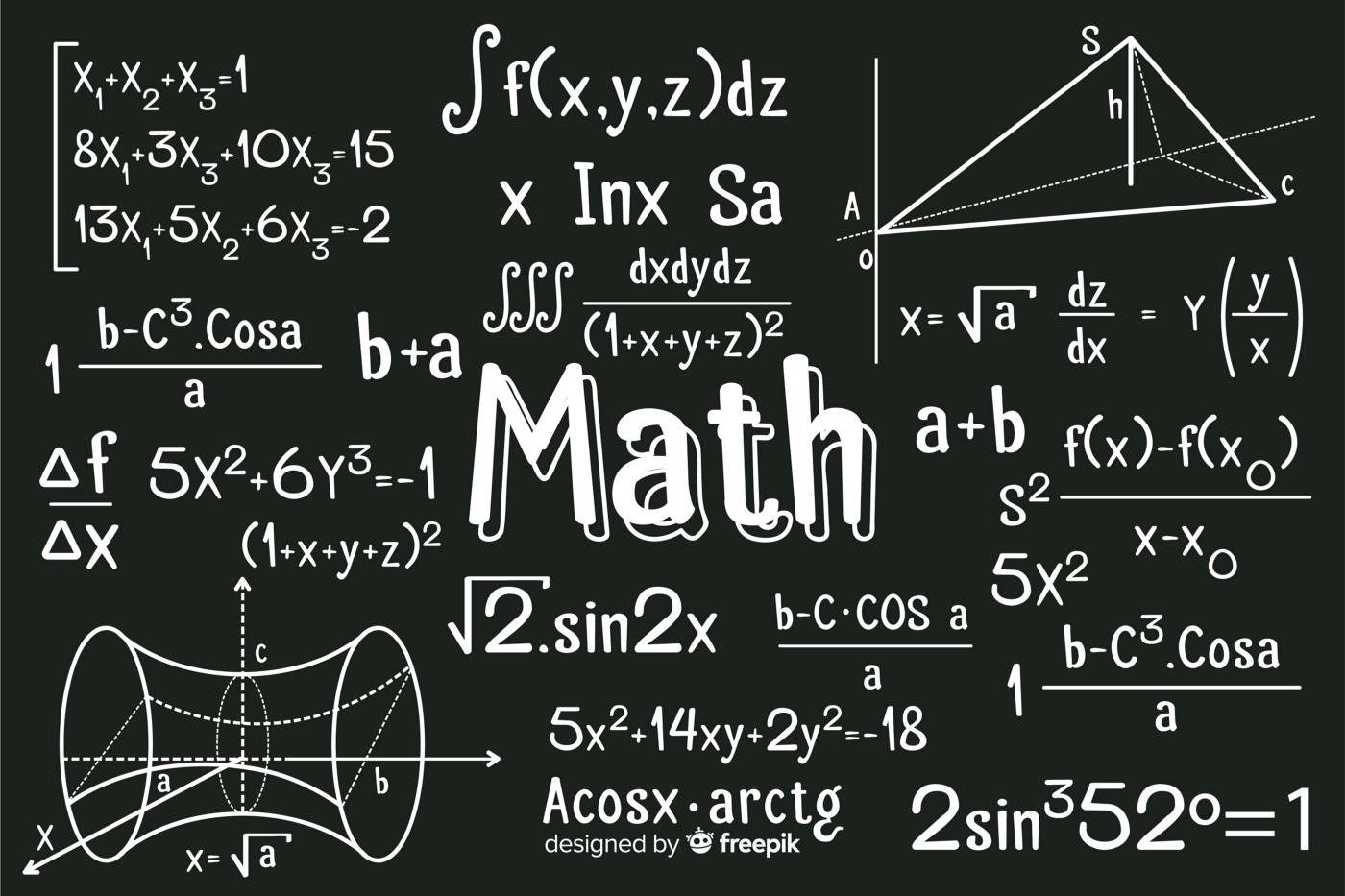
- 22 months ago
why maths is taught to student
Mathematics is taught to students for several important reasons
Cognitive Development Mathematics education plays a vital role in cognitive development. It challenges students to think critically, analyze problems, and apply logical reasoning. The study of mathematics enhances students' cognitive abilities such as attention, memory, and logical thinking. It helps them develop a systematic approach to problem-solving, which is essential in many aspects of life.

- 22 months ago
why history is taught to student
History is taught to students for several important reasons
Understanding the Past History allows us to understand the past, including the events, people, and societies that have shaped our world. It provides a framework for understanding how civilizations, cultures, and institutions have developed over time. By studying history, students gain insights into the successes, failures, and consequences of human actions and decisions.
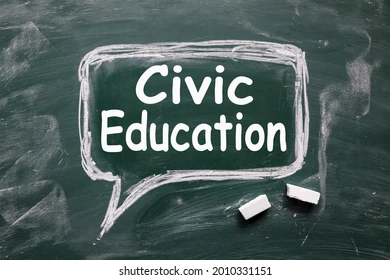
- 22 months ago
why civics is taught to student
Civics is taught to students for several important reasons
Understanding Democratic Systems Civics education helps students understand the foundations of democratic systems of governance. It explores the principles, values, and institutions that underpin democratic societies. By studying civics, students gain knowledge about concepts such as separation of powers, rule of law, individual rights, and the responsibilities of citizens within a democratic framework.
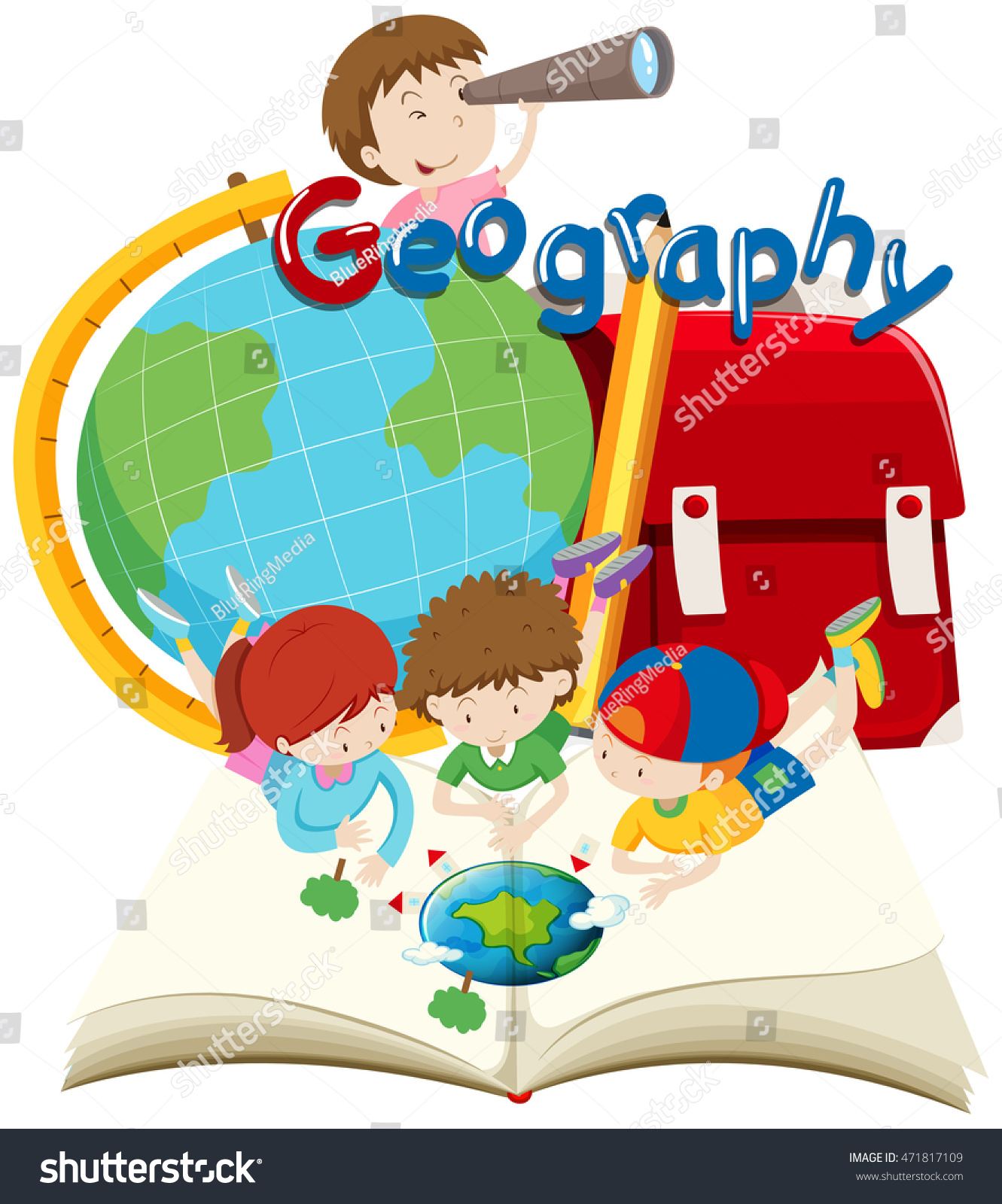
- 22 months ago
why geography is taught to student
why geography is taught to student
Understanding the Earth Geography helps students understand the Earth's physical features, such as landforms, climates, ecosystems, and natural resources. It explores how these elements interact and shape our planet. By studying geography, students gain insights into the Earth's dynamic processes and develop a deeper appreciation for its complexity and beauty.


